By visiting the field, I was able to notice problems that could not be identified in the classroom
Chang So-yeon, 4th year student School of Political Science and Economics
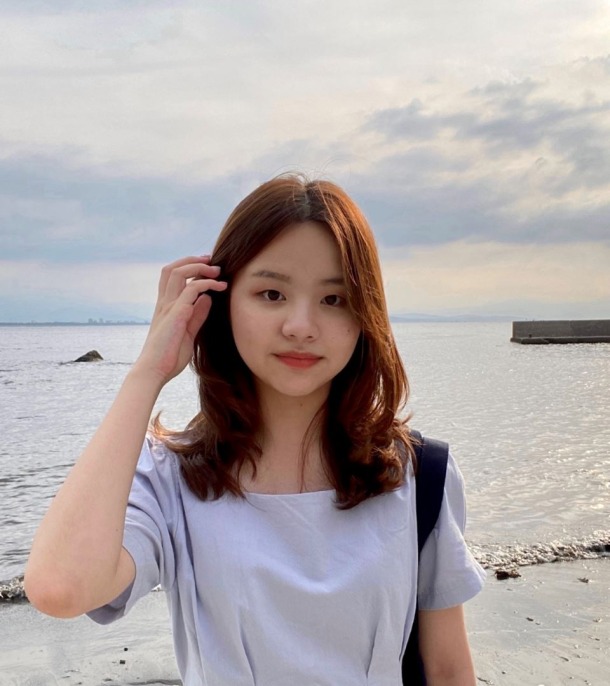
September 2022, trip to Enoshima
I was born and raised in Korea and didn't even know how to write hiragana until I entered high school, but I am currently studying at School of Political Science and Economics at Waseda University.
I decided to study abroad in Japan when I was in my second year of high school in Korea. I met some exchange students from Japan. We experienced each other's cultures by playing Japanese yo-yo fishing, karuta, and the Korean game "Yunnori" which is similar to Sugoroku.
Also, when I saw exchange students approaching mathematical problems from a different perspective than myself, I realized that my own perspective was narrow. This made me want to go abroad to broaden my horizons and become someone who can think about complex problems from various perspectives.
I am particularly interested in environmental issues, and in the future I would like to contribute to society by formulating economic policies that can solve global environmental problems based on economic mechanisms, so I enrolled in School of Political Science and Economics.
However, my dream of studying abroad in Japan was not so easy to realize. Because I was unable to enter Japan due to the COVID-19 pandemic, I took all my classes online in Korea and could only meet my friends from the same faculty online, which made for a very sad and difficult year. I was finally able to enter Japan in my second year, and while living at the Waseda International Student House (WISH), I actively made friends. At WISH, I live with international students from all over the world and built deep relationships that could not be obtained through class connections alone.
Left: At WISH, I am working as a Resident Assistant (RA) from around March 2023, planning events in the dormitory and supporting the lives of international students. A photo when I went to Tokyo DisneySea with my fellow RAs in May 2023.
Right: With the RAs who are more than just friends, but like family, at WISH (February 2024)

In March 2022, I went sightseeing in Seoul with a friend in the room next door wearing the traditional Korean costume "Hanbok."
In particular, I had a Japanese friend in the room next to me who wanted to learn Korean, and we would chat in both Korean and Japanese while cooking and eating Korean and Japanese food together. Also, on the day after tests, we would watch Korean movies with Japanese subtitles and Japanese movies with Korean subtitles, and help each other with words we didn't understand. We became such good friends that we would even stay at each other's homes during summer vacation.
In addition, I help my roommate with assignments of her Korean class, and she looks over the reports I write in Japanese, and we work hard together to improve our language skills.
Now a senior, I am studying poverty reduction and economic growth in econmically developing nations in the seminar of Dr. Ryo Takahashi (Faculty of Political Science and Economics Associate Professor) on Development Economics. During the summer vacation of 2024, I visited Cambodia to write Bachelor's Thesis on the causes of gender gap in health sector in econmically developing nations. With the help of a friend of the professor who lives there, we conducted a random comparison experiment focusing on the diffusion of iron supplements in about 400 households, asking them how much they would be willing to pay for the product. We plan to conduct a quantitative analysis using the experimental data in the future.
I was also able to learn more than what I learned from papers and classes. For example, when it comes to "school attendance rates," I realized the importance of seeing things for myself, rather than just relying on information from previous literature. I knew from the data I saw in class that school attendance rates in econmically developing nations were lower than in econmically developing nations, but I hadn't thought about the reasons for this. When I asked local people, they told me that even if school fees were free, families with lower socioeconomic status would prioritize having their children work in agriculture or fishing with their parents to earn money over education. Until now, I had focused on increasing school attendance rates, but I felt it was important to think from the perspective of local people about why people don't go to school or can't go to school in the first place.
It was a very meaningful experience for me to be able to see problems that cannot be found in a university classroom. It was an opportunity for me to think again about my future, and how I want to use this experience to contribute to the economic development and solving social problems in econmically developing nations.
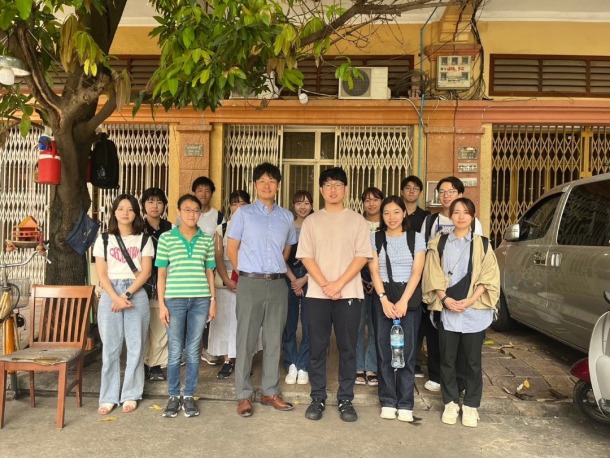
In August 2024, the seminar visited a non-governmental organization (NGO/AAR Japan) in Cambodia and heard real stories from staff members about the situation on the ground (the author is in the front row, far left).
~What surprised you when you came to Japan~
Perhaps because Korea is a highly competitive society, I think many people are not good at praising others. However, since coming to Japan, I have been deeply impressed by the culture of accepting each other's diversity and praising each other. For example, when I talked to a Japanese friend I hadn't seen in a while, she said, "Soyeon, your Japanese has improved!", and when we worked in a team in seminars or as an RA, others praised my ideas and perspectives as an international student, saying they were interesting. Others also often tell me that I am knowledgeable about Japan and easy to talk to, despite being an international student.
Today, I am still supported by the heartfelt, warm words of those around me.
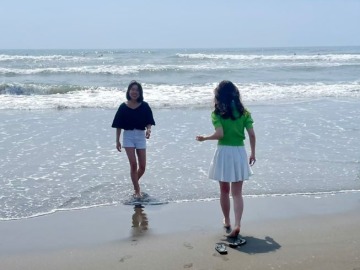
A photo when I went to the beach with a friend in June 2022.

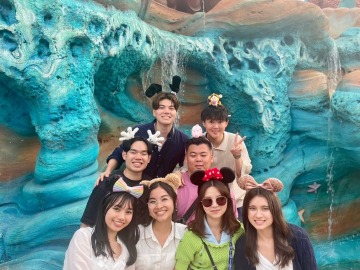
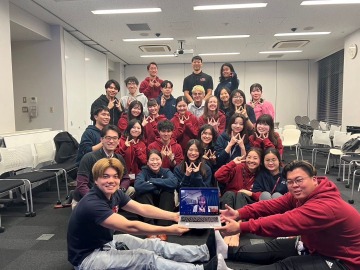
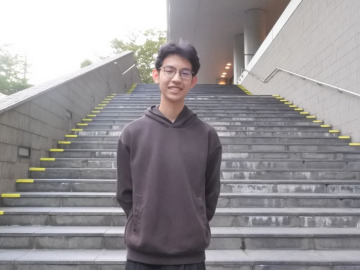
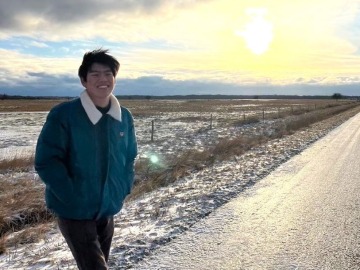
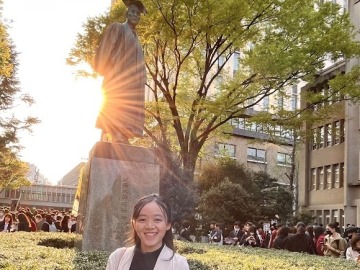


![[Save version] Map of the four main campuses](https://www.waseda.jp/inst/weekly/assets/uploads/2025/09/17cb2975123fc5103172ef60bd98608d-610x458.jpg)

